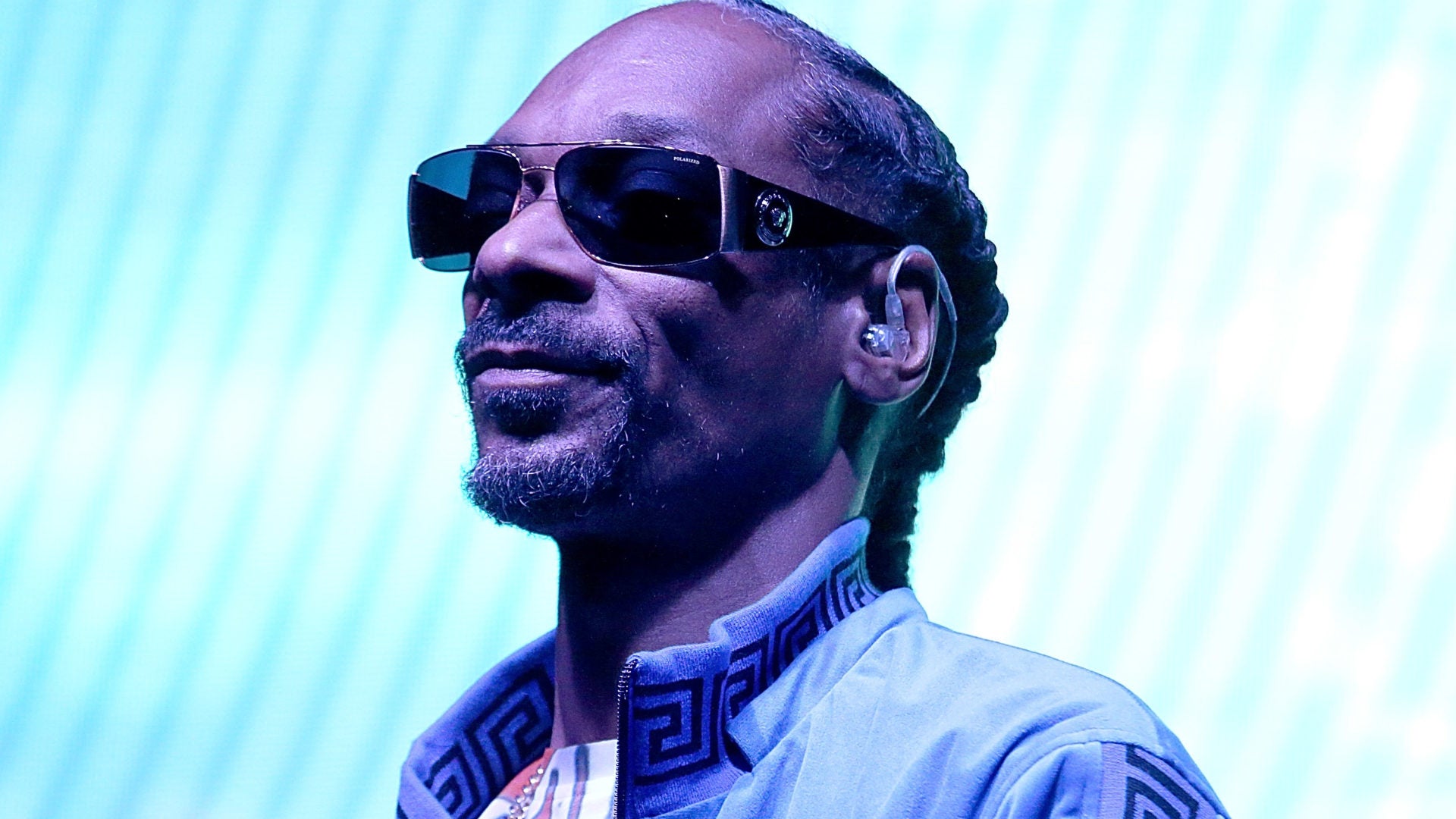
Uncle Snoop showed up at Jada Pinkett Smith’s red table to answer for the disrespect he showed respected TV anchor Gayle King.
When the rapper sat down on Red Table Talk to discuss his choices, he revealed that the response fans had to his rant made him realize the full reach of his platform.
“It made me feel like I had too much power,” said Snoop Dogg. “And at that particular time I was abusing it.”
Snoop (née Calvin Broadus, Jr.) released a video on Instagram verbally assaulting King for interview questions she asked WNBA star Lisa Leslie about the rape case Kobe Bryant was acquitted of in 2003; King’s sit down with Leslie followed Bryant’s death back in January. In the clip, the award-winning artist and actor referred to King as a “bitch” several times and compared her appearance to a dog. Later, he apologized for his actions at the urging of his mother.
On Red Table Talk, Snoop said his apology was “authentic” and “sincere.”
Smith shared her surprise at how many Black men were willing to join Snoop in his attack on King. “Black men were furious,” she added. “I had not seen that, as a collective, in a long time.”
“I see it all the time,” Snoop replied. “’Cause I’m a Black man. We just came from behind closed doors on that one.”
The proud dad of four revealed what many already know. The internet can be a dangerous place for Black women. Prominent Black female journalists like King have been on the receiving end of vicious insults and threats of violence for years, many of them coming from Black men who disagreed with them.
“Black men in this country have been made to feel like a target, and the weight of that hurt and pain that they’ve absorbed from the world comes back in our direction,” Jemele Hill, who was attacked by Donald Trump back in 2017, said in one of several video clips that were woven into the Red Table Talk episode. “Sometimes we are made the target simply because we are a very easy group to take out your frustrations on.”
Smith said she viewed Snoop’s appearance “as a huge opportunity to talk about the wounds and culture of disrespect between Black men and Black women.” She also noted that King was invited “to the table,” but did not appear.